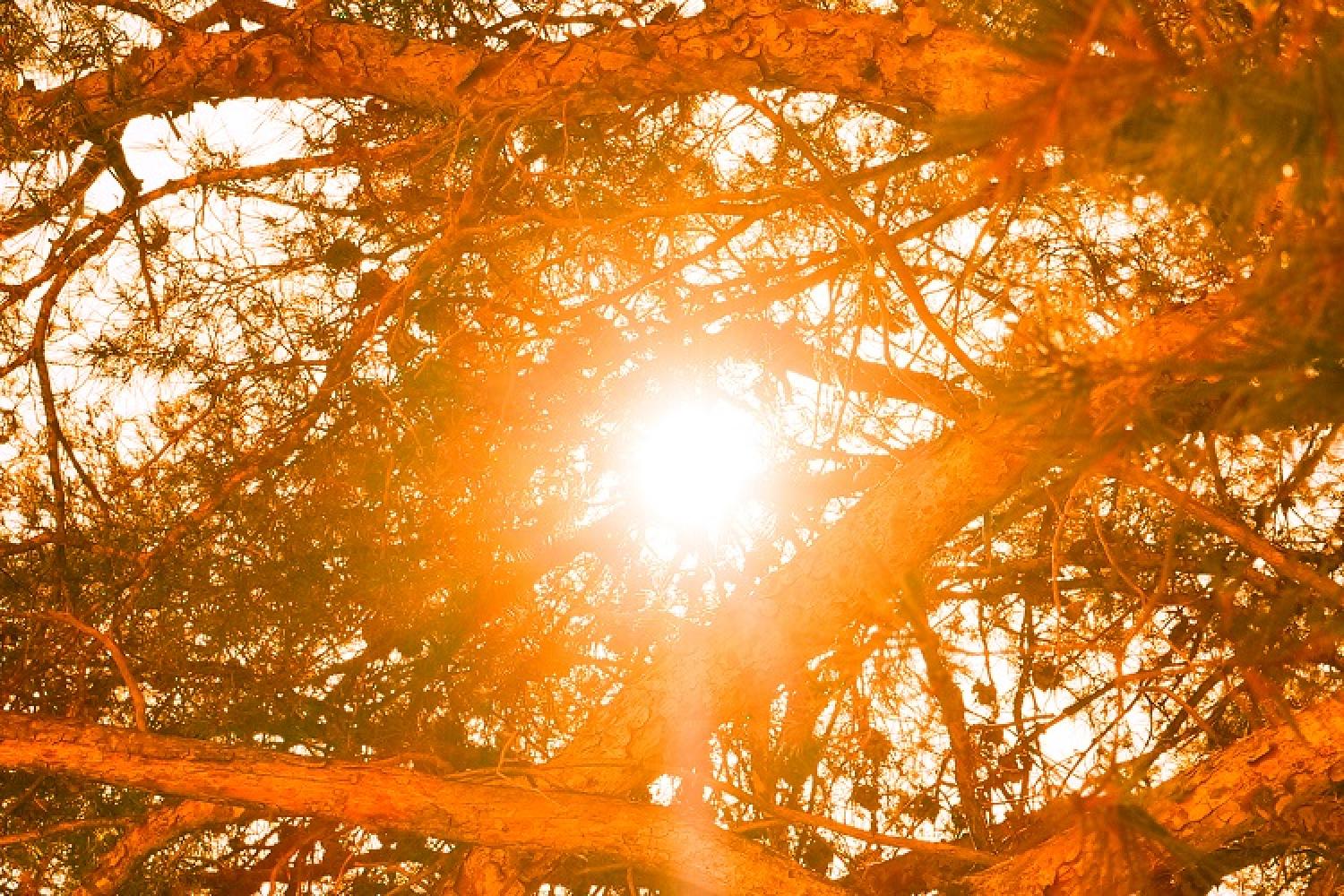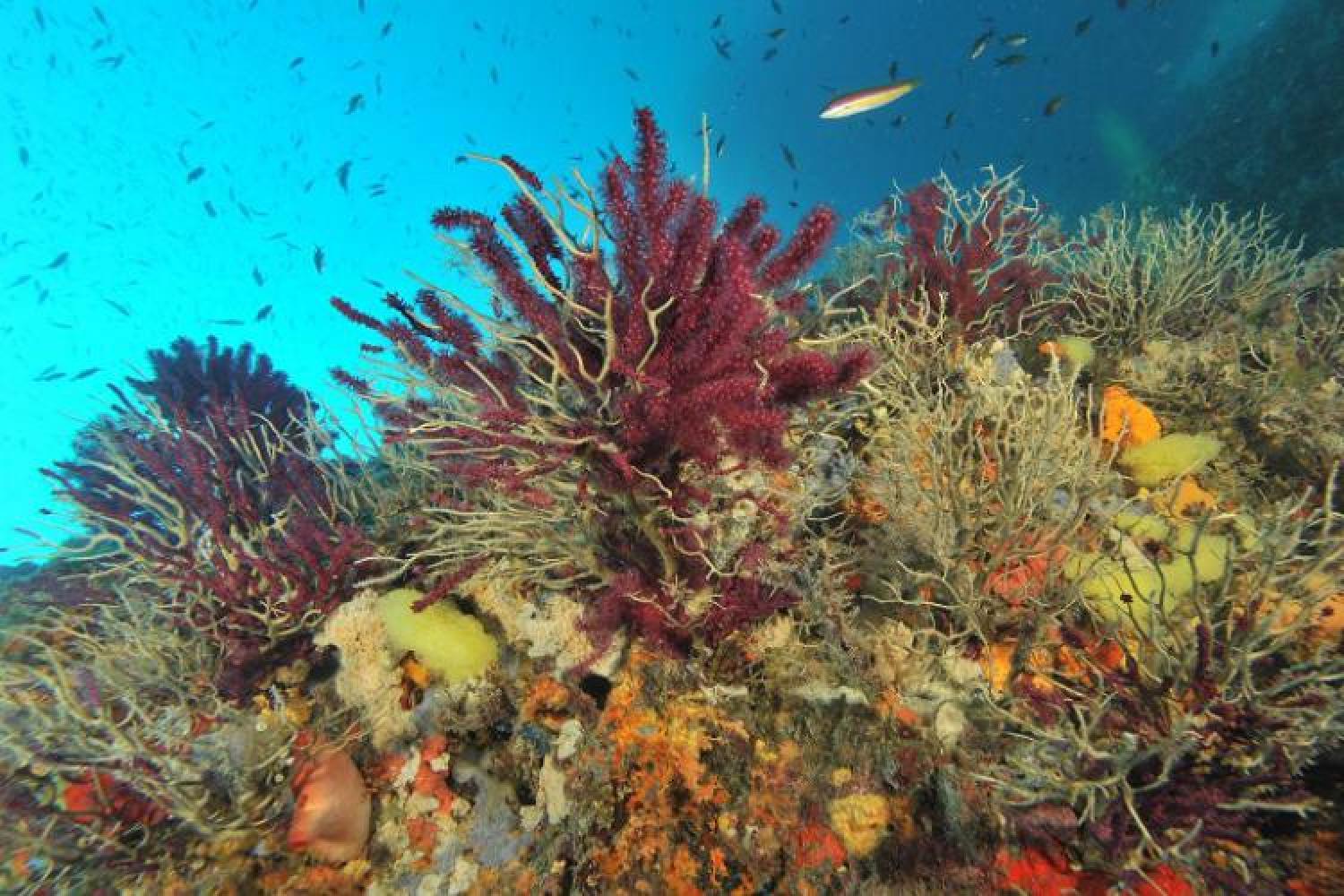The Calanques are warming up
Many consequences
Rising sea levels and rising temperatures, an increase in mortality events for marine fauna, a faster development of pathogens, changes in the distribution of species... The consequences of climate change on biodiversity, human health and the economy are numerous and increasingly experienced.
The land is drying up
The region where the Calanques are located is characterised by strong sunshine, a warm, temperate climate, low rainfall (making the southern coast of Marseille, between Mont Rose, Callelongue, and Frioul the driest part of France) and strong anthropic pressure (the Bouches-du-Rhône department is the 3rd most populated department in France). Thus, the risk of fires is particularly high here. In addition, extreme weather events are regularly observed (mistral gusts that can exceed 100 km/h, violent storms, torrential rain).
Although the natural environment has adapted to these constraints, changes to the climate are adding additional pressure, in particular with regard to water scarcity. Thus, a succession of dry years have been experiened: in the Calanques area, plants that are very well adapted have literally burned out during the driest summers (in 2018 in particular). During these years, certain areas of the garrigues took on a reddish tinge. The kermes oak, the holme oak, rosemary, and even young Aleppo pines were particularly affected, even though these species are used to a lack of water.
The sea is getting warmer
But the marine area of the National Park is also considerably affected by climate change: the Mediterranean Sea is warming at a rate 20% faster than the global average (+1.27°C in 30 years). The Calanques are already facing major changes in biodiversity and functional alterations.
For example, red gorgonians are necrosing as a result of warmer waters, species from the southern Mediterranean such as the barracuda or the ornate wrasse are increasingly present in the Calanques, tropical species such as the dusky spinefoot or the red lionfish could soon move in, and local species may develop or regress as the waters warm up...
This would disrupt the balance of the marine ecosystems and the economic activities that depend on them. This is why the MPA ENGAGE Programme has been implemented. Its goal? To study the consequences of climate change in the marine environment and plan the sustainability of MPAs.



 Links
Links